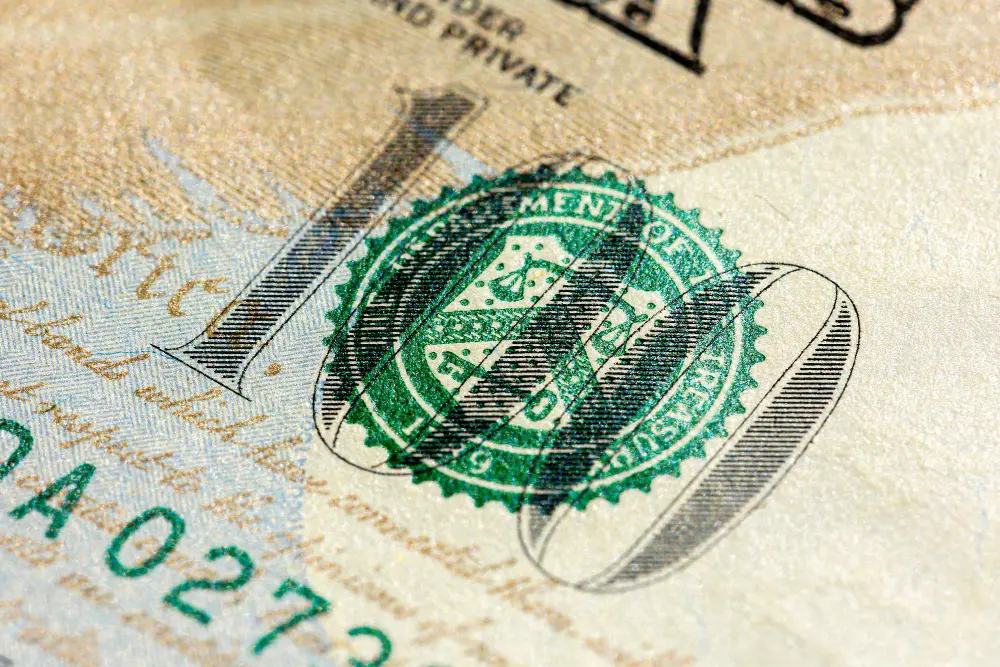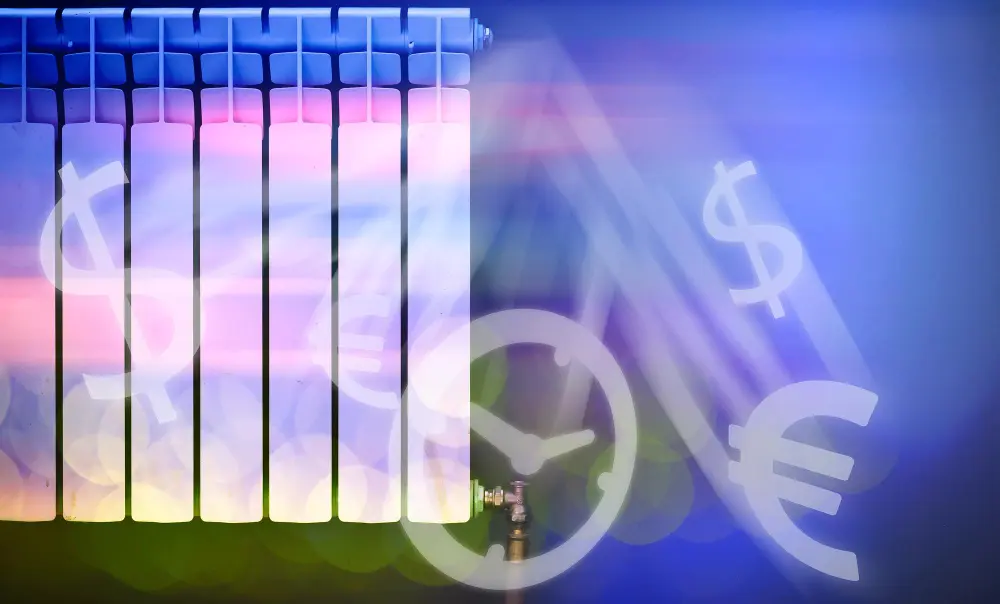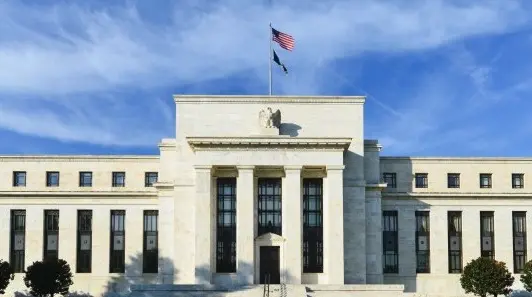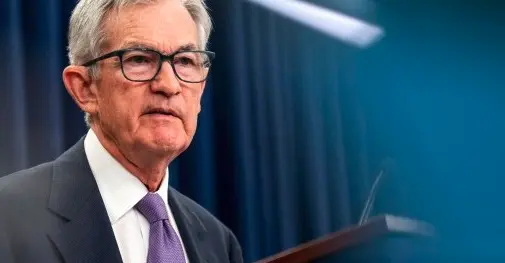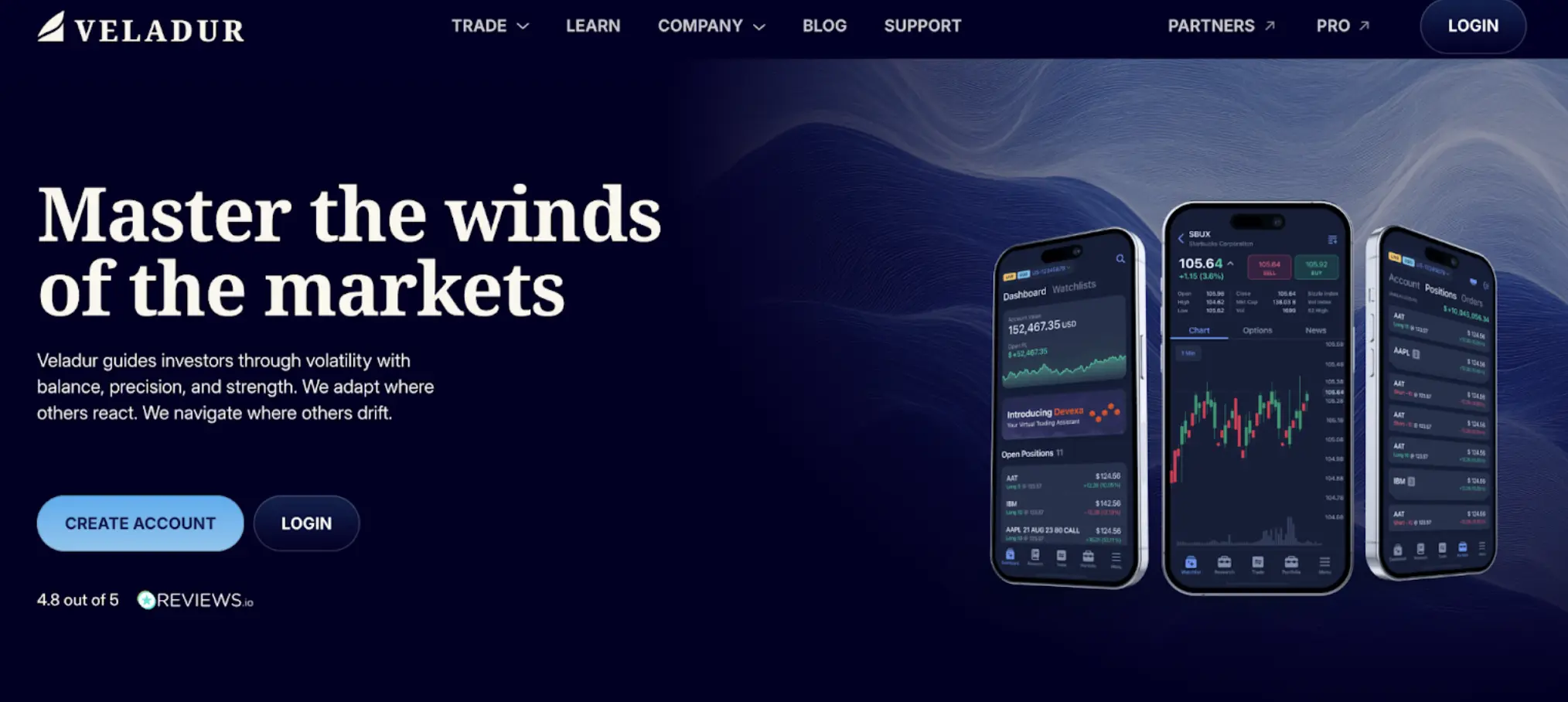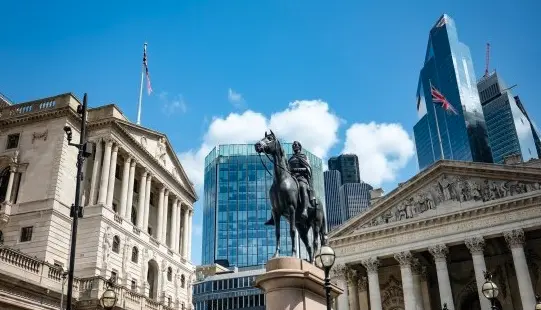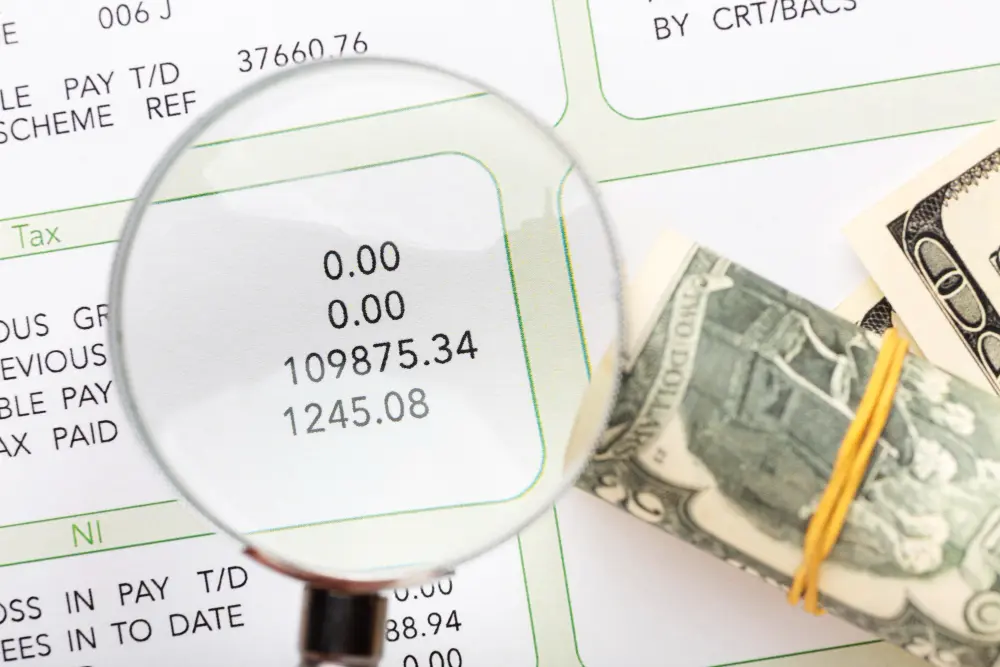USD: Looking cheap
The dollar didn’t suffer in the first half of July from trade tensions re-escalating. And it is equally finding no benefit from positive trade deal news. As a potential blockbuster deal with the EU may be announced in the coming days after yesterday’s US-Japan agreement, the dollar impact may also prove to be mostly neutral.
If the greenback is indeed due a short-term recovery (we still think it is), then that will need to be triggered by data rather than tariff news, in line with the recent rise in most USD crosses’ sensitivity to short-term rate differentials.
But this week has been quiet on data, and that has seemingly allowed some rebuilding of USD shorts. Today’s calendar is more crowded, with focus on new home sales (yesterday’s existing home sales came in soft), S&P Global PMIs and above all jobless claims. Initial claims have been on a five-week downward trend and continuing claims have plateaued since mid-June. With only eight days until the US jobs report, another strong print today can drive NFP expectations a bit higher. The whisper number is currently 110k.
Markets still price in 16bp of easing for September, which is the contract where we see the greatest potential for a hawkish repricing driving some dollar recovery.
EUR: Will the ECB comment on the euro?
The ECB announces monetary policy today and is widely expected to keep rates on hold. As discussed in the ECB cheat sheet, trade and the euro’s strength are the two hot topics in Frankfurt today. A few reports suggest that a US-EU deal is imminent and should follow the Japanese blueprint announced yesterday, so 15% tariffs on EU exports.
If the ECB is feeling confident that a trade deal is coming, the risks of a dovish surprise are indeed lower. However, the currency discussion remains a wildcard that poses downside risks for the euro. A few members have been unusually vocal about the euro’s strength, and there is a chance some FX comments can make their way into today’s communication. After all, the ECB has been focused on the theme of inflation undershooting, and a strong domestic currency does contribute to that. It remains to be seen whether the ECB feels currency remarks might hinder US-EU trade relations, considering Trump’s sensitivity to FX manipulation themes.
In terms of guidance, don’t expect anything new from the ECB, which should limit the market impact of today's meeting. Policymakers have reiterated that monetary policy is in a “good place” given subdued inflation, but the Governing Council is probably happy with markets pricing in just one cut by year-end.
We think there are still some modest downside risks for the euro today, but if the ECB steers away from commenting on the euro’s strength, keeps guidance unchanged, and markets feel even less chance of a September move, EUR/USD could break above 1.180. Today’s PMIs (released before the ECB announcement) may not have much of a market impact.





